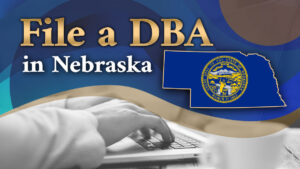What’s the difference between a code of conduct and a rulebook? A rulebook certainly sets outer parameters as what is unacceptable behavior. However, since most behavior is within those legal parameters, does (and should) a code of conduct dictate how employees should in fact conduct themselves at work?
Imagine if a supervisor asks an employee how things are going and the employee answers, “great. I have not violated any of the standards in our code today.” We certainly can aspire for more. For example:
- Should the code discuss how employees should conduct themselves at meetings in order to foster open dialog?
- Should the code detail how employees should keep commitments to others and what to do when they can’t meet a deadline or objective?
We would like to think that this type of behavior need not be reduced to writing. Shouldn’t the culture of the organization set norms that guide these types of actions? In fact, if this type of behavior was included in the code and it wasn’t part of the social fabric of the company, it wouldn’t be followed anyway.
The research shows that social norms inside organizations have a tremendous influence on employee behavior..for better and for worse. And yet, in our past-faced world, these social norms evolve quickly and often are not norms that leadership would like to see.
If our codes of conduct are not truly suited to be true “codes of conduct,” then what means are available to companies to set standards of expected behavior that are outside of the 10-20 standards and policies that fill most code documents?
 Sections of this topic
Sections of this topic
















